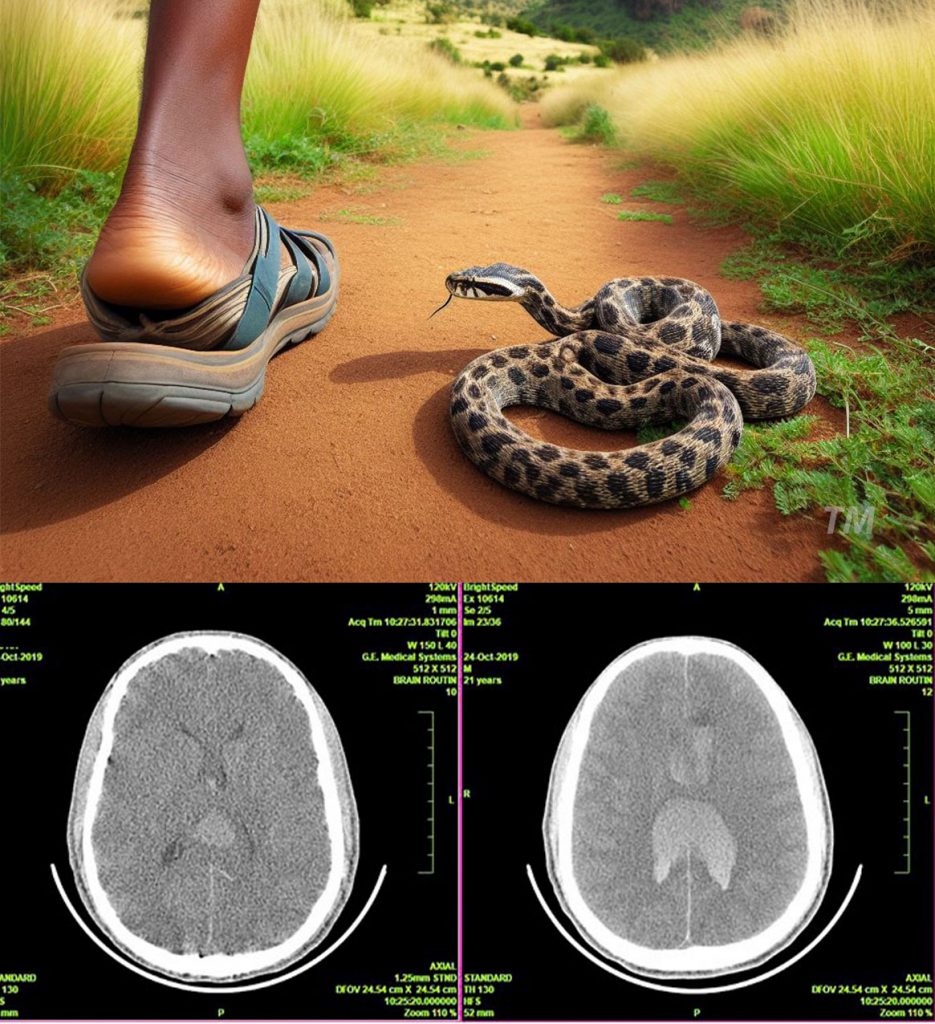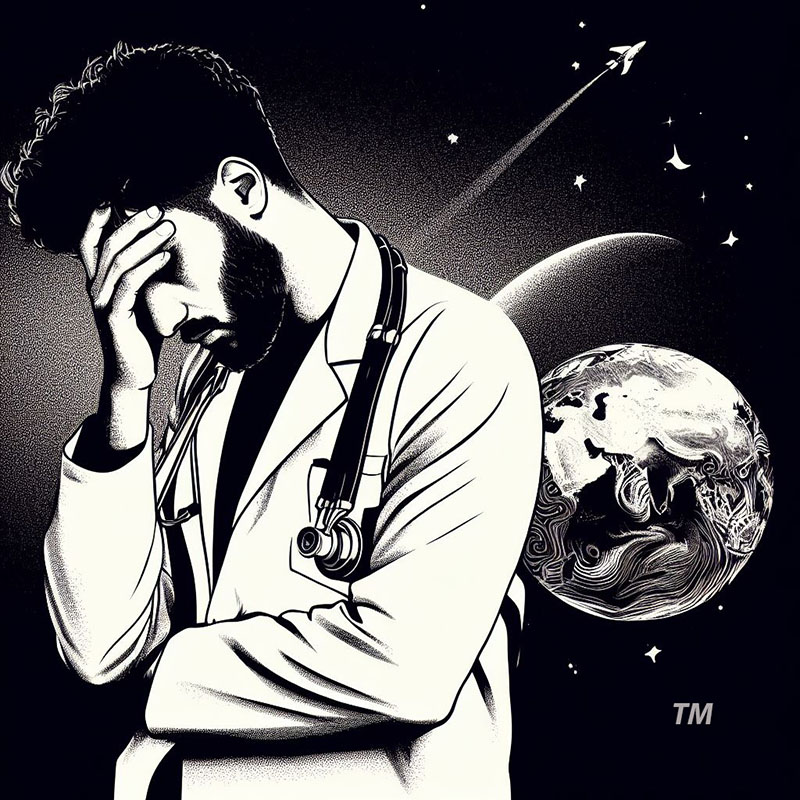
Neurosurgical consult for snake bit in Ethiopia



I had an experience with a displaced Palestinian which has never left me. A doctor who felt his life and that of his community was seen as irrelevant by the whole world.
A little over 20 years ago I was consulting in Abu Dhabi with a UAE military hospital which in part involved caring for many victims of Isis being transferred from Iraq for medical treatment. Our medical team consisted of European, American, Pakistani, North African, Indian and other nationalities working together. Included in our group was a Palestinian translator to help coordinate teamwork and patient communication. He and his family had left Palestine to escape conflicts. He had undergone medical training in a Moscow university but had never been able to be fully licensed in any of many Middle Eastern countries he subsequently lived on. He was obviously very intelligent and gifted in his multilingual skills. Notably, although he was always attentive and dedicated to his work as a translator in helping facilitate communication with our patients this at least in part seemed to be accompanied always by a clear projection of personal melancholy.
To be honest, although we all appreciated his hard work, none of the medical or administrative professionals really treated him as an equal. He was not invited to social events or meetings other than just being available day or night for translation to communicate with patients. His supervisors were frankly sometimes abruptly short with him if he was tardy when called.
At that time he was not the focus of my reason to be in Abu Dhabi so I did not go out of my way to get to know him better which now I wish I had. However out of what little discussion I had with him about his life and family I learned he felt lost and somewhat hopeless. Palestinians were dominated by the Ottoman Empire and then came under colonial rule of the British. They were mostly bystanders to the emergence of the new prominent Arab identity fostered in Saudi Arabia and the other Gulf states. His people and homeland had never been given a voice to their self determination because they were not numerous in population nor possessing of any strategic influence to the major world powers. In other words the world saw them as irrelevant.
If I could go back in time I would have gotten to know him better. What has become of him I do not know. I do not have a solution for the catastrophe befalling Israel and the Palestinians today but believe the answer is to accept first of all that they are people with families, a part of God’s creation, and should be relevant to the world. The damage of making them irrelevant to the world must stop.